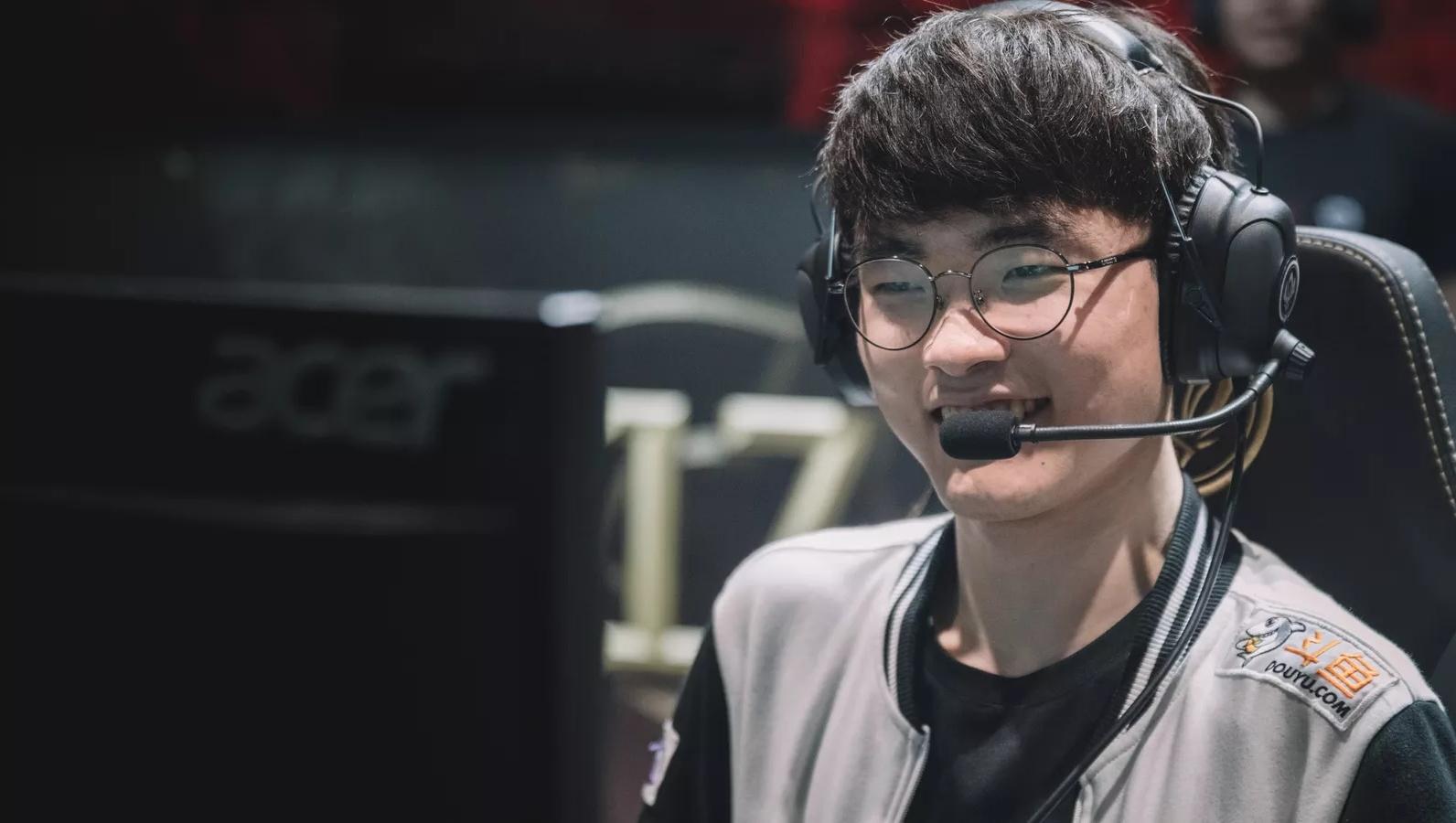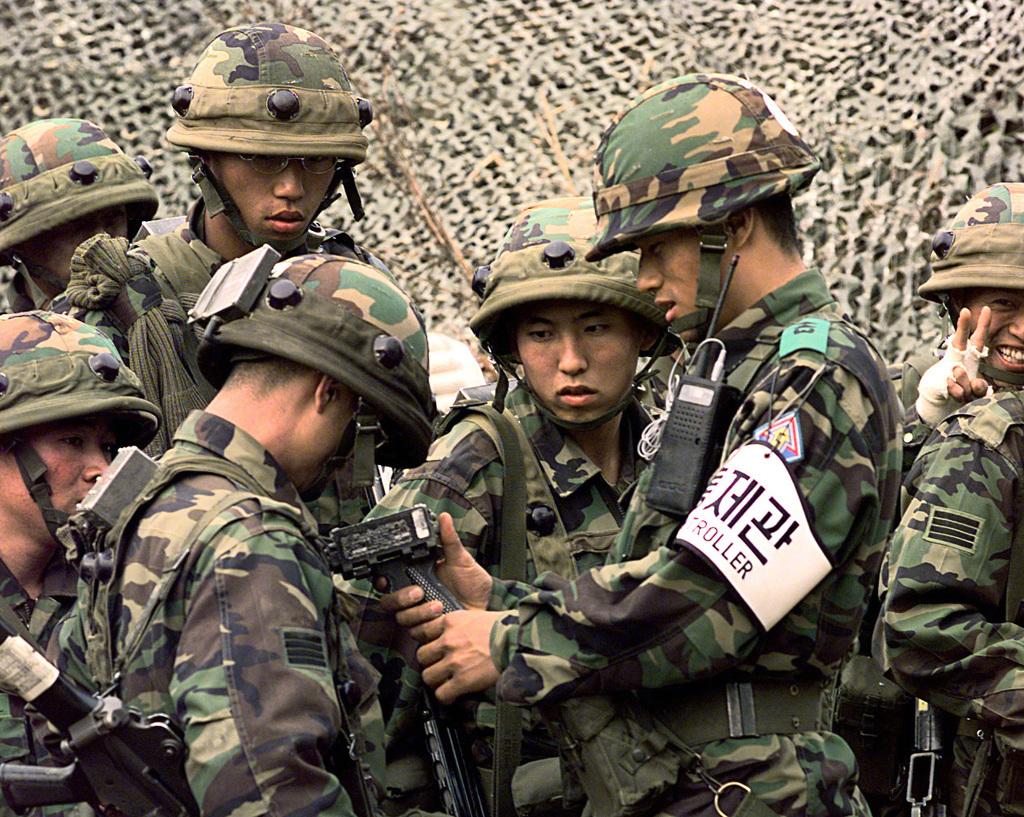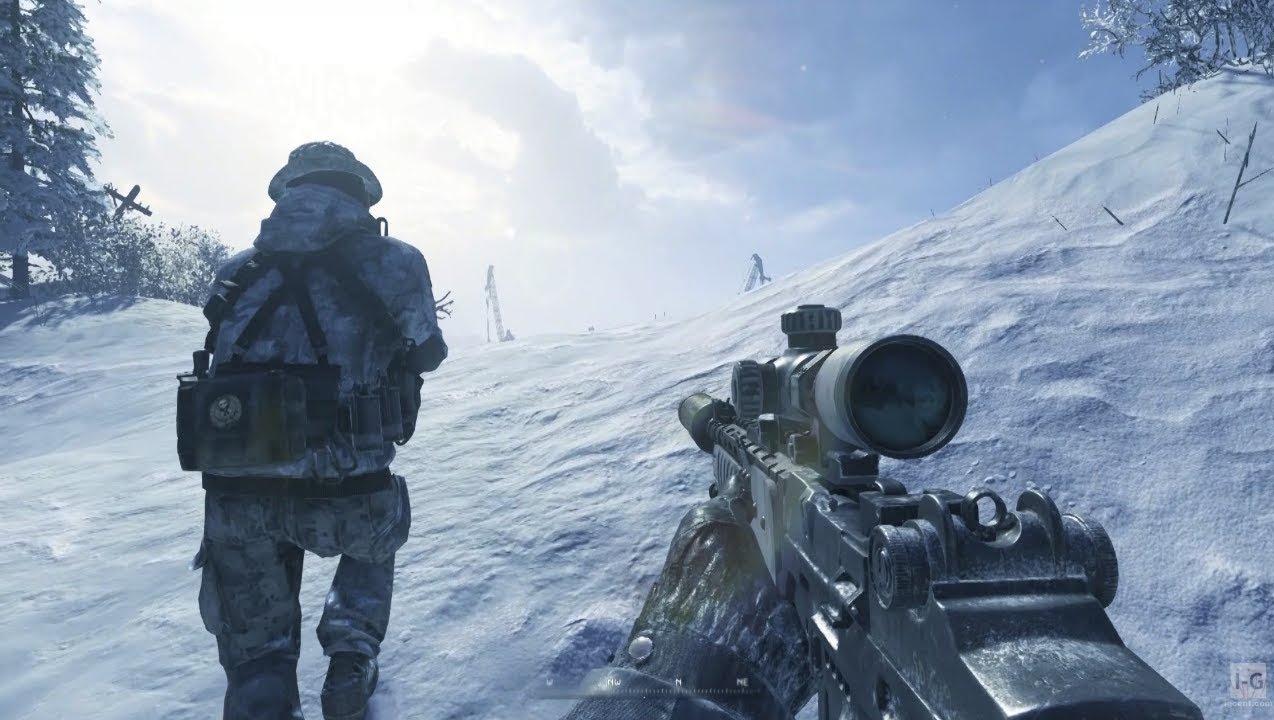
2022 Asian Games may allow Korean LoL stars to avoid military service
The inclusion of esports in the 2022 Asian Games comes with a unique perk for Korean esports players.
In South Korea, all adult men must have served at least 18 months in the military by age 28. Exemptions can be given for a variety of reasons, including those classified as “outstanding athletes” who “enhance the national prestige.”
Given how the historical baseline for “outstanding athlete” has been success in international sports events, that could open the door for Asian Games winners to not be forced into serving. Though this has long been called into question for ethical reasons, as it essentially gives the rich and famous a free pass not given to the poor, it’s a godsend for esports players.
Will Faker go into the military?
Earlier this year, politicians in South Korea considered measures to make conscription less troublesome for young Korean stars. This stemmed from a number of celebrities hitting their age of enlistment, including T1 mid laner Lee “Faker” Sang-hyeok and members of popular boy band BTS. The expansion ultimately allowed certain musicians to defer their enlistment to age 30, but this was not extended to esports players.

Mandatory military service is potentially disastrous for a competitor’s career and avoiding it is an enormous boon. Top Korean baseball player Hyun-Jin Ryu has been afforded the chance to steadily build his career thanks to being on the South Korean team that won the 2010 Asian Games baseball competition. Had he not been granted that exemption, there’s a strong likelihood he never would have been able to transition from Korea’s KBO to America’s MLB with the Los Angeles Dodgers.
Esports stars haven’t been extended that same courtesy. One need only look at the career of Dota 2 player Park “March” Tae-won, who effectively missed out on three chances to play in The International due to his time in the military, to see how hard of a hit this can be for a competitor.
For Korean esports stars like Faker, the ability to avoid mandatory military service would be an enormous benefit. Precedent suggests that winning the 2022 Asian Games would be a golden ticket towards doing so.
What games will be in the 2022 Asian Games esports event?
As of this writing, it is unclear what titles will be included in the 2022 Asian Games. The 2018 Asian Games in Jakarta, Indonesia also included an esports demonstration event. The list of titles in 2018 included League of Legends, StarCraft II, Hearthstone, Clash Royale, Arena of Valor, and Pro Evolution Soccer 2018.
[eSports as Medal Sport at 2022 Hangzhou Asian Games]
OCA announced that eSports will be featured as a medal sports in 2022 Asian Games.
Please look forward to 2022 Asian Games, and cheer for Korean eSports players! pic.twitter.com/OLGBXbNc0p
— Korea e-Sports Association (KeSPA) (@KeSPAen) December 18, 2020
The 2018 Asian Games esports event was a demonstration event. This means it saw no medals awarded and would not have allowed any South Korean stars to apply for a military exemption.
Despite this, Faker did compete for South Korea’s LoL team alongside a number of other star players including Jo “CoreJJ” Yong-in and Park “Ruler” Jae-hyuk. The LoL event also included Jian “Uzi” Zi-Hao and much of Royal Never Give Up representing China, EVOS Esports representing Vietnam, and Flash Wolves making up the bulk of the Taiwanese team. Team China defeated Team South Korea in the finals 3-1.
Recommended

Can a VPN really lower your game ping? Myths vs. reality
Do you really need it?

MrBeast takes action on Ava controversy, responds to allegations
MrBeast has launched a private probe.








